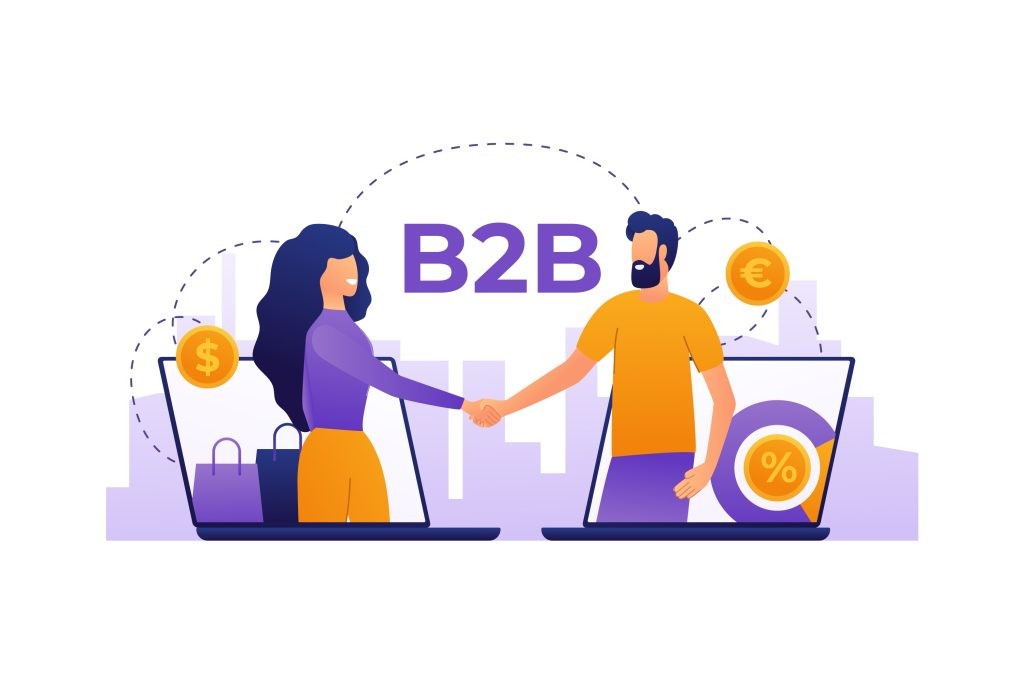The Ultimate Guide to B2B Market and Customer Segmentation
Sep 5, 2023
In the world of business-to-business (B2B) marketing, understanding your target audience is paramount. This is where B2B market and customer segmentation come into play. By delving into the intricacies of segmentation, you can craft laser-focused marketing strategies that resonate with your audience’s needs and preferences. In this comprehensive blog, we’ll explore the ins and outs of B2B market segmentation and provide you with actionable insights to achieve segmentation success.
What Is B2B Market Research?

B2B market research is the foundation of effective segmentation. It involves gathering, analyzing, and interpreting data about your target audience, industry trends, and competitive landscape. This data-driven approach helps you understand the needs, challenges, and behavior of businesses that could benefit from your products or services.
What Is B2C Market Research?

On the flip side, business-to-consumer (B2C) market research focuses on understanding individual consumers and their preferences. B2C research seeks to unravel the emotions, motivations, and desires that influence buying decisions on a personal level.
What is the Difference between B2B & B2C Market Research?

The distinction between B2B and B2C market research lies in the nature of the target audience. B2B research deals with decision-makers within businesses, where purchases are often driven by practicality, ROI, and long-term benefits. B2C research, however, targets individual consumers whose decisions can be influenced by emotions, trends, and personal needs.
What Are the Benefits of B2B Market Research?

Effective B2B market research yields a plethora of benefits. It empowers you to:
Understand the specific needs and pain points of your target businesses.
Tailor your value proposition to address the unique challenges of B2B customers.
Craft personalized marketing strategies that resonate with decision-makers.
Optimize product positioning based on industry trends and competitive analysis.
Maximize ROI by focusing resources on segments with the highest potential.
What Types of B2B Market Research Are There?

Customer Profiling: Develop detailed profiles of your target businesses, incorporating demographics, firmographics, and psychographics. This paints a vivid picture of your ideal customers.
Behavior-Based Segmentation: Analyze the purchasing behaviour and patterns of businesses to create segments that share similar buying habits.
Buyer Personas: Construct buyer personas that encapsulate the roles, responsibilities, challenges, and motivations of decision-makers within businesses.
Industry Trends and Competitive Analysis: Stay updated on industry trends and competitors’ strategies. This insight informs your market positioning and unique value proposition.
Data Analysis: Utilize data analytics tools to mine valuable insights from your customer interactions and transactions.
How to Implement B2B Market Research

Segmentation Strategies: Begin by selecting segmentation criteria that align with your goals, such as industry, company size, or buying behaviour.
Personalization: Tailor your marketing messages and content to cater to the specific needs and pain points of each segment.
Account-Based Marketing (ABM): ABM focuses on building relationships with individual target accounts. It involves personalized outreach and content creation.
Sales Funnel and Customer Journey Targeting: Map out your customers’ journey and align it with your sales funnel stages. Craft relevant content for each stage.
Product Positioning: Position your products as solutions that directly address the challenges faced by each segment.
Market Targeting: Identify the segments with the highest growth potential and allocate resources accordingly.
Customer Retention: Develop post-purchase strategies to ensure customer satisfaction and loyalty.
Lead Generation: Tailor lead generation efforts to resonate with the pain points and interests of each segment.
ROI Measurement: Continuously measure the ROI of your marketing efforts within each segment to optimize resource allocation.
Segmentation Success: The Key to B2B Marketing Excellence

In the dynamic landscape of B2B marketing, segmentation isn’t just a strategy—it’s a necessity. It allows you to connect with your audience on a profound level, resulting in increased customer satisfaction, improved lead generation, and enhanced ROI. By leveraging market segmentation tools, analyzing data, and refining your marketing strategies based on segmentation insights, you pave the way for sustainable growth and market dominance.
In conclusion, the B2B market and customer segmentation are the bedrock of a successful B2B marketing campaign. It allows you to dive deep into the intricacies of your target audience, understand their unique needs, and tailor your strategies accordingly. By embracing segmentation, you position your business for remarkable success in a competitive B2B landscape. So, roll up your sleeves, delve into the data, and embark on a journey of personalization, precision, and profitability.